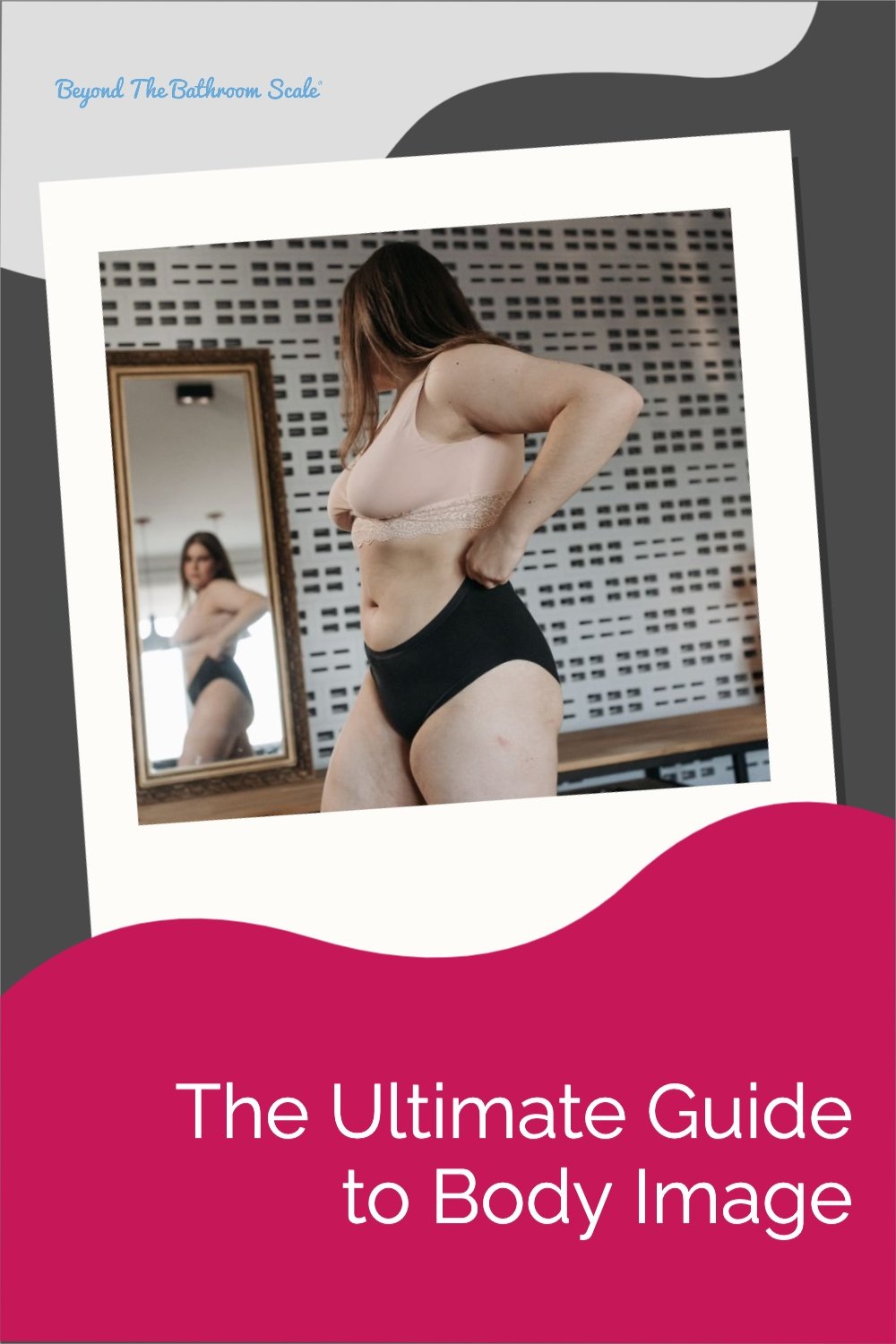
Resources and Support for Body Image Issues
Information on body image, body dysmorphic disorder, body positivity, acceptance, respect, and body neutrality
We know from research that body image has a huge role to play in the development of disordered eating and eating disorders. Unpacking how feel about our bodies (and where we’ve learned these thoughts from!) is a good starting point for recovery. This is precisely what we’ll cover in the body image course of the coaching app, and within the Body Image Workbook.
Below you’ll find my recommended list of the best books about body image, as well as guides to help you understand terms such as Body Neutrality and Body Acceptance and what is meant by the Body Positive Movement. I have also written a guide to Body Dysmorphic Disorder (BDD) to help you better understand this complex mental illness and how it links to eating disorders.
For many trauma survivors, looking in the mirror isn’t shallow—it’s painful. This post explores why reflection can trigger shame, flashbacks, or disconnection, and offers gentle, therapeutic ways to rebuild a sense of safety in your body and reclaim your reflection with compassion.
If harsh self-talk ever made you feel better about your body, it would have worked by now. True healing begins with compassion, not control. This post explores how self-compassion can soften shame, calm your inner critic, and create lasting body image change.
If loving your body feels impossible, you’re not alone. Healing your relationship with food isn’t about forcing body positivity; it’s about building trust, safety, and compassion, one small act at a time. This post explores how recovery can begin long before “body love” arrives.
“Are you sure you want seconds?” “You’ve got such a pretty face if only you lost a little weight.” Seemingly harmless comments like these often leave a lasting mark, shaping how we feel about our bodies well into adulthood. This post explores why those words stick and how you can begin to heal from their impact.
When weight loss feels like control or protection, it can quietly become a way to survive trauma. This post explores why shrinking sometimes feels safe, the hidden costs of this coping mechanism, and how to begin finding security in your body without relying on restriction or disappearance.
Why do food and body image struggles run so deep and feel so hard to change? For many, the answer lies in trauma. In this gentle, psychoeducational post, we explore how trauma responses like dissociation, shame, and control can quietly shape eating behaviours, and why compassion (not willpower!) is key to healing.
Body image struggles don’t always scream; they whisper. In this post, we explore the subtle habits that quietly reinforce body anxiety, from mirror-checking to doom-scrolling, and offer gentle ways to break the cycle. Small shifts can lead to powerful change.
Ever feel like you’re chasing an invisible standard you didn’t agree to? You’re not alone. This blog post explores how internalised beauty ideals shape our sense of worth—and how letting go of the “good body” myth can create space for real healing. If you’re tired of tying your value to how you look, this one’s for you.
If you’ve ever felt like your body image struggles go beyond the mirror, you’re not imagining it. This post explores why poor body image is rarely just about weight or appearance—and how deeper issues like trauma, control, and belonging often shape how we see ourselves. Whether you're in recovery or just starting to question how you relate to your body, this is a gentle invitation to look beneath the surface.
Compliments about weight loss can be confusing—sometimes they feel good, and other times they stir up anxiety, pressure, or old body image wounds. If you’ve felt uneasy receiving praise for your changing body, you’re not alone. This post explores the complex emotions behind these compliments and offers gentle strategies to protect your mental health and reclaim your relationship with your body.
GLP-1 medications like Ozempic and Wegovy can change your body—but they don’t have to change your worth. In this post, I explore what body neutrality looks like when you're navigating weight loss, shifting identity, and outside pressure to perform transformation. Whether you're feeling more at home in your body or more confused than ever, there's space here for respect, care, and self-compassion—no matter your size or shape.
Struggling with body confidence? You’re not alone. In this post, we dive into practical ways to cultivate self-love, even on days when you feel far from confident. From shifting your mindset to focusing on what your body can do, these tips will help you build a healthier, more positive relationship with yourself. Ready to take it further? My Body Image Course is here to guide you through the journey of body acceptance and lasting self-compassion. Let’s prioritize your well-being over societal pressures and embrace a life free from body shame.
Struggling with body image? It’s time to debunk some of the most harmful myths that prevent us from embracing our bodies fully. From the misconception that body image is only about appearance to the pressure of loving your body all the time, this post tackles these common beliefs head-on. Discover the truth behind body image myths and learn how to foster self-acceptance with practical, compassionate strategies. Ready for more support? Our Body Image Course dives deeper into the journey of body acceptance and self-compassion.
Negative body image can make you feel disconnected and frustrated with yourself, but it doesn’t have to define your relationship with your body. In this post, we explore 10 practical steps to help you overcome body negativity, from challenging unrealistic beauty standards to practicing body neutrality. Whether it’s wearing clothes that make you feel confident or engaging in joyful movement, these strategies will empower you to embrace body positivity.
Struggling with body image? It’s time to change the way you see yourself. In this post, we share five practical tips to help you cultivate body positivity in your everyday life. From reshaping your inner dialogue to diversifying your media feed, these small steps can lead to big changes. Ready to embrace self-love and confidence? Start today with these easy-to-implement strategies and discover how a positive relationship with your body can transform your well-being.
This Valentine’s Day, celebrate the most important relationship in your life—the one with yourself. Learn how to embrace self-love and self-care with simple yet powerful practices that honor your worth. Ready to take your self-love journey further? Our Body Image Course offers the tools you need to build lasting self-compassion and body acceptance.
Empower yourself daily with the transformative power of positive affirmations. By consciously replacing negative self-talk with uplifting statements, you can boost your self-esteem and embrace your body with love and confidence. Ready to take the next step? Our Body Image Course offers the tools and support you need to cultivate lasting self-compassion and acceptance.
It's time to break up with diet culture and embrace the body you have right now. In this post, we'll explore how to reject harmful dieting beliefs and start loving yourself as you are. Ready to take the next step? Our Body Image Course offers the guidance and support you need to cultivate self-compassion and a healthier relationship with your body.
This New Year, redefine your resolutions with a focus on body positivity and self-care. Instead of dieting and weight loss, embrace resolutions that celebrate your body’s strengths and nurture your well-being. From joyful movement to intuitive eating, discover how to set goals that honour and support yourself. Ready to deepen your body-positive journey? Our Body Image Course offers the tools and community you need to build a loving relationship with your body. Start your year with self-love and empowerment!
Many of us are wondering how on earth we're meant to like, or even accept our bodies, when we're being told from all angles that something isn't right about them and needs to be changed. Here I explain why it’s important to reach a place of body neutrality first and foremost, then progress to body acceptance/respect and then we may finally find body confidence.
Looking to make peace with food, exercise and your body? These are the books you need to start with. These books cover the topics of intuitive eating, body confidence, emotional eating and listening to your body's own cues and wisdom.
Short answer: no, it promotes radical self-acceptance over self-loathing. It promotes a kinder society over a culture rife with appearance-based bullying and body shaming and it promotes physical and psychological recovery from dieting and disordered eating. Here's why:
You don't have to 'love' your body, but you do need to reach a point of accepting your body, in order to make peace with food and free yourself from dieting and worrying about weight.
Here’s how the discovering Body Positive community helped put me on the path to recovery from a lifetime of disordered eating…
In the summer, it seems like every health and fitness company is out to make you feel rubbish and self conscious in your swimwear, to sell you quick fixes and useless products. Women's magazines are the worst adverts for it and you've even paid them for the privileged!

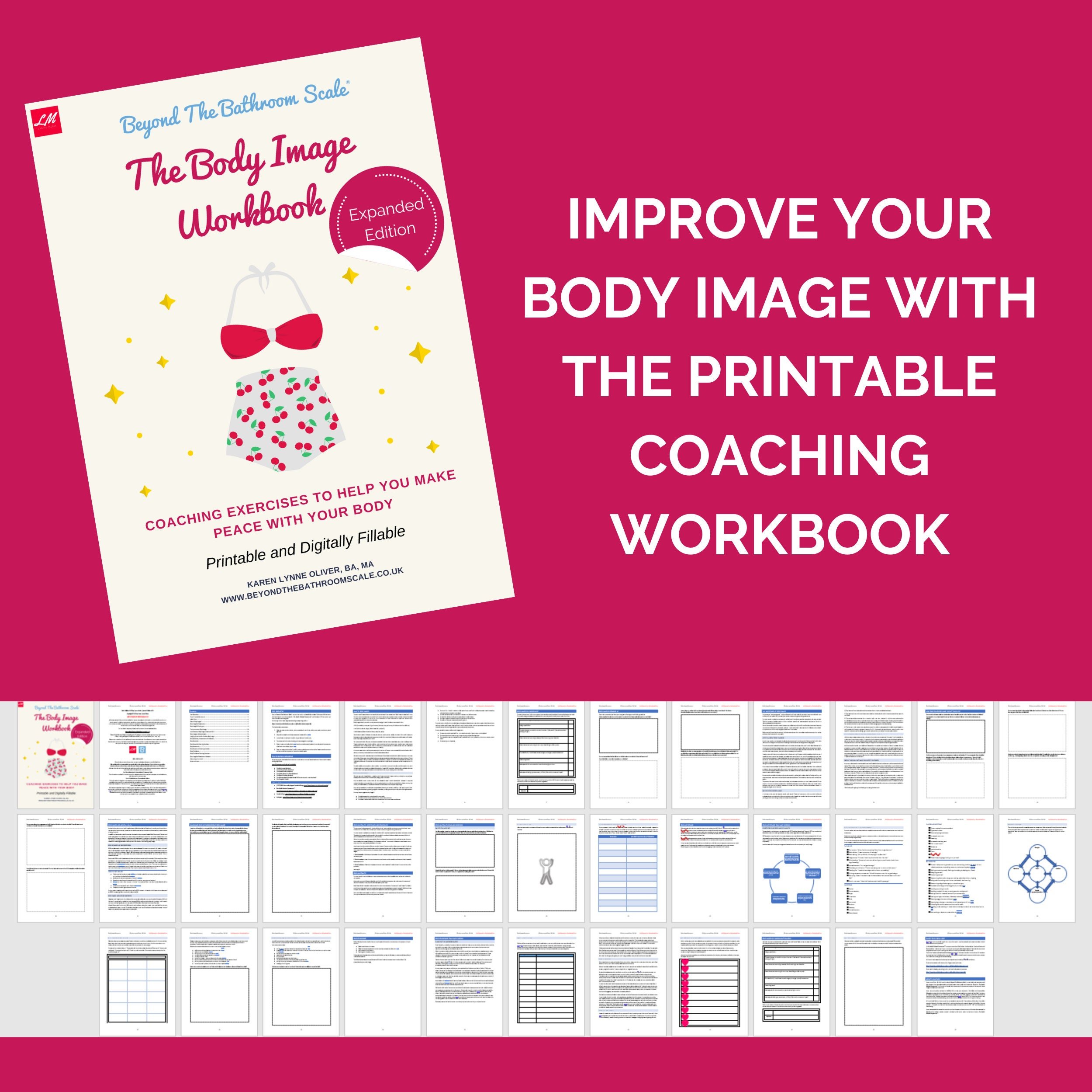



















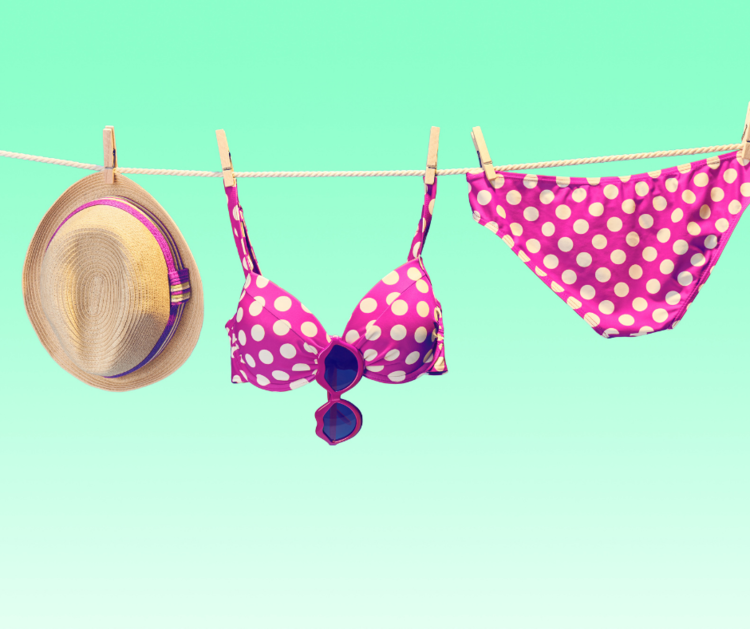

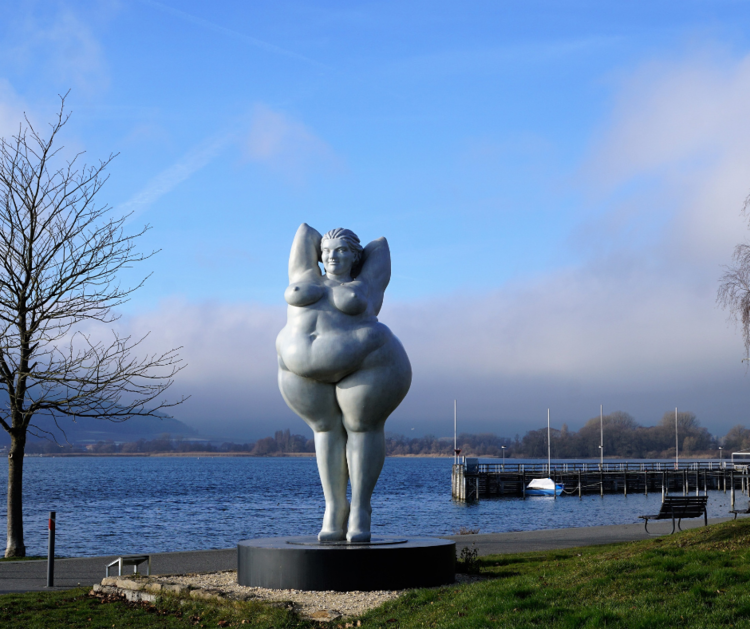
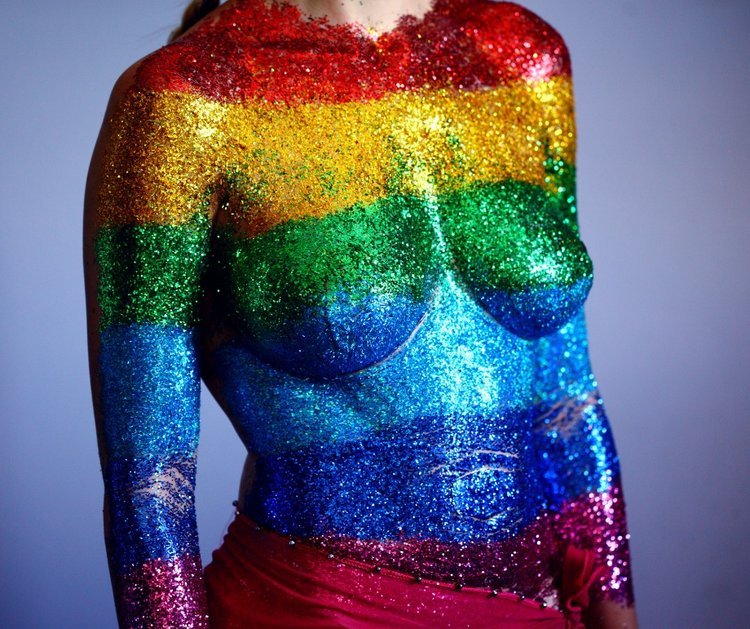



Body Dysmorphic Disorder (BDD) is a diagnosable mental disorder and can have a devastating impact on a person's life, health and wellbeing. An individual diagnosed with BDD may be said to be 'obsessed' with their appearance and perceived 'flaws'. These may be very minor or entirely non-existent 'flaws'.